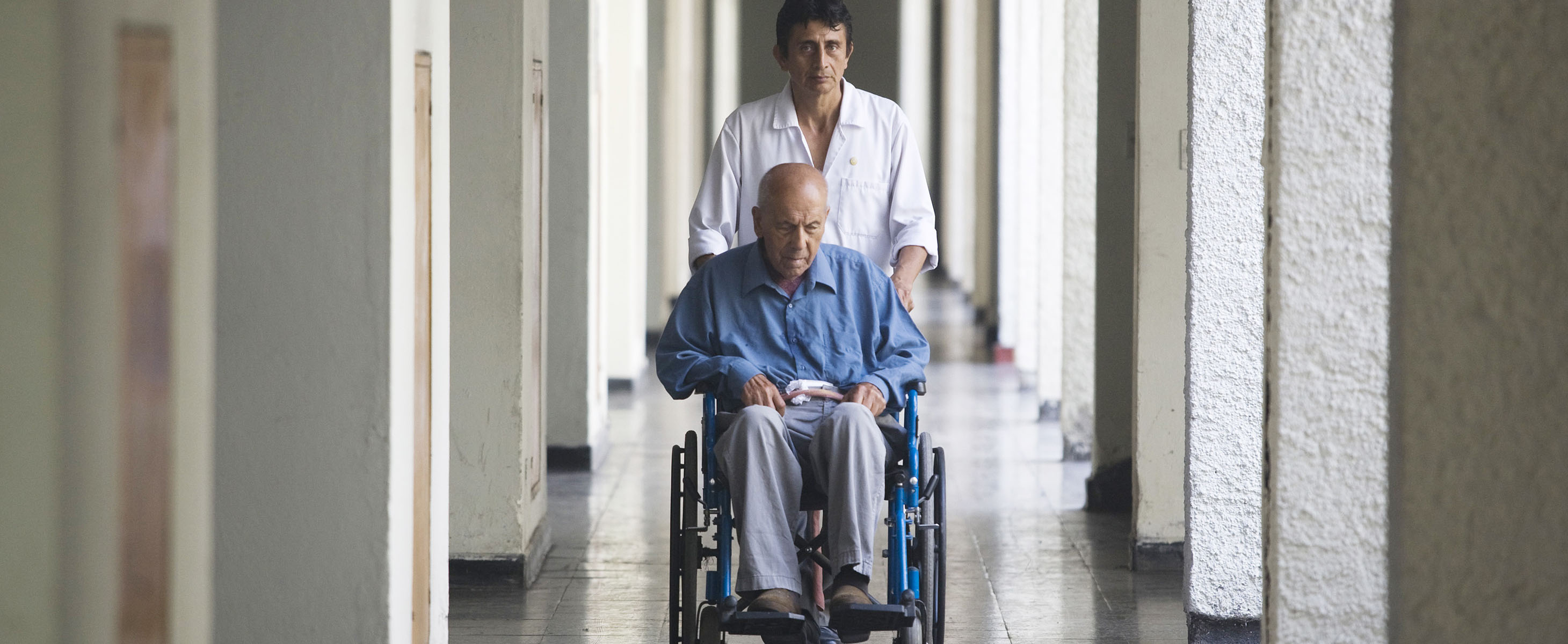Dementia sufferers face postcode lottery of diagnosis
New figures show just one in three dementia sufferers receive a formal diagnosis in some parts of the country, which Health Secretary Jeremy Hunt has called “unacceptable”.

Across the UK, the average rate of diagnosis is 46 per cent, meaning that many sufferers are going without the support, benefits and the medical treatments that can help them live with the condition, Alzheimer’s Society Chief Executive Jeremy Hughes said.
While the figure is an improvement on the previous year, there are still thought to be 428,500 people in the UK who have the condition but have not been diagnosed.
Diagnosis rates were best in Scotland where 64.4 per cent of of sufferers were told abbot their condition. In Wales, just 38.5 per cent of sufferers formally received a diagnosis in 2012. And 44.2 per cent of people with the condition in England were diagnosed compared with 63 per cent in Northern Ireland.
Belfast Health and Social Care Trust provided the best diagnosis rates in 2012, with 75.5 per cent of patients being diagnosed.
Formal diagnosis
But in the East Riding of Yorkshire Primary Care Trust, just 31.6 per cent of patients received a formal diagnosis, according to figures produced from data generated by the Government’s qualities and outcomes framework.
The charity has produced an interactive map highlighting the variation in dementia diagnosis across the UK.
It said that the new data also suggests that the average waiting time for an appointment at a specialist memory clinic is 32.5 working days – more than the recommended four to six weeks. Some memory clinics reported waiting times of up to 9 months.
Mr Hughes said: “It’s disgraceful that more than half of all people with dementia are not receiving a diagnosis, and disappointing to see such a disparity in diagnosis rates in different regions of the UK.
“This goes against best clinical practice and is preventing people with dementia from accessing the support, benefits and the medical treatments that can help them live well with the condition.
“Studies show that an early diagnosis can save the taxpayer thousands of pounds, because it can delay someone needing care outside of their own home.
The Alzheimer’s Society estimates that 800,000 people in the UK have a form of dementia and more than half have Alzheimer’s disease. The figure is estimated to rise to a million by 2021.
Time bomb
Health Secretary Jeremy Hunt said that extreme variation in diagnosis was “unacceptable”.
“It’s time for the worst performing areas to wake up to the dementia time bomb,” he added. “While many areas do excellent work, the worst is diagnosing just a third of people with dementia – delaying vital treatment and causing unnecessary suffering.
“I want local areas to set ambitious targets for improved dementia diagnosis. We must make England one of the best places in Europe for dementia care.”
Initial signs of dementia, which is caused by diseases of the brain, may include short-term memory loss that affects every day life, problems with thinking or reasoning, or unexplained anxiety, anger or depression.